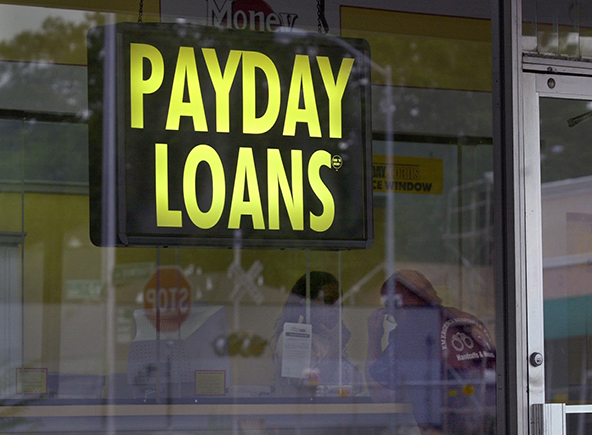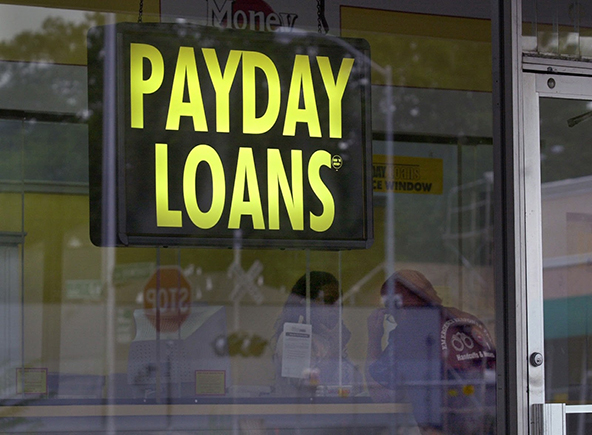
Azaj Kilafa
Approximately 12 million Americans take payday loans each year. An average loan is $ 350 and costs the borrower $ 15 every two weeks for every $ 100. With this interest rate, a year-long microloan of $ 100 may turn (including all interest and charges for the prolongation) in debt of $ 3800, estimated The Economist.
According to CFPB’s survey, almost half of customers take a loan or extend their debt at least ten times a year. About half of those who draw up the online loan have to pay additional bank fee of $ 185, which is automatically added to the loan’s principal amount. Head of CFPB Richard Cordray says that these conditions quickly inveigle many borrowers in a debt trap.
Thomas Miller, professor of Finance at University of Mississippi, predicts that a ban on receiving payday loans by one borrower more than six times a year (one of the possible limitations) will lead to a decrease in the sector by 60%.
This has a negative impact on those who are most in need of money to pay unexpected expenses, such as, for example, replacement of a broken boiler. Those who take emergency loans usually have no savings, which also means having low credit rating. In this case, they have no other ways to find money (traditional bank would not even consider their application).
Many states already have laws on usury, which formally limit the interest rates. For example, rates for loans above 25% are considered to be a criminal offense in New York. However, most banks circumvent this limitation by crediting from offices located outside of the country. New Yorkers can also borrow at 30% on credit cards, which are issued by banks, for example, from Utah.
Fabulously high interest rates on payday loans reflect high risks, not just a desire to rob the borrower. A study by the Federal Deposit Insurance Corporation (another financial regulator) conducted in 2005 found that the microfinance business, as a rule, is not very profitable.
Without a doubt, people, who regularly apply for loans in the microcredit offices, cause serious financial damage to themselves. The problem is that attempts to protect the most vulnerable members of society can easily destroy the entire microfinance sector.
source: economist.com
According to CFPB’s survey, almost half of customers take a loan or extend their debt at least ten times a year. About half of those who draw up the online loan have to pay additional bank fee of $ 185, which is automatically added to the loan’s principal amount. Head of CFPB Richard Cordray says that these conditions quickly inveigle many borrowers in a debt trap.
Thomas Miller, professor of Finance at University of Mississippi, predicts that a ban on receiving payday loans by one borrower more than six times a year (one of the possible limitations) will lead to a decrease in the sector by 60%.
This has a negative impact on those who are most in need of money to pay unexpected expenses, such as, for example, replacement of a broken boiler. Those who take emergency loans usually have no savings, which also means having low credit rating. In this case, they have no other ways to find money (traditional bank would not even consider their application).
Many states already have laws on usury, which formally limit the interest rates. For example, rates for loans above 25% are considered to be a criminal offense in New York. However, most banks circumvent this limitation by crediting from offices located outside of the country. New Yorkers can also borrow at 30% on credit cards, which are issued by banks, for example, from Utah.
Fabulously high interest rates on payday loans reflect high risks, not just a desire to rob the borrower. A study by the Federal Deposit Insurance Corporation (another financial regulator) conducted in 2005 found that the microfinance business, as a rule, is not very profitable.
Without a doubt, people, who regularly apply for loans in the microcredit offices, cause serious financial damage to themselves. The problem is that attempts to protect the most vulnerable members of society can easily destroy the entire microfinance sector.
source: economist.com


















